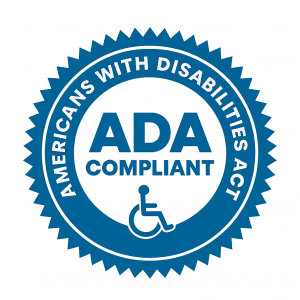Life Insurance
Protect your loved ones with Life Insurance
Help secure their future against the unexpected with Life Insurance.
STATISTICS:
• $8,300 – the average cost of a funeral in the U.S.
• 46% of Americans will pass on debt to their loved ones after death.
• 60% of parents will leave behind debt for their children to pay off.
What is Life Insurance and what does it cover?
Life Insurance provides a cash payout after your death. It’s a way to secure your family’s future and protect them from the potential financial impact of your death.
Make sure your loved ones aren’t burdened by costs after you’ve gone. Your benefit can be used to cover expenses however you see fit, including:
• Outstanding debts
• Funeral and burial costs
• Childcare and education
Life Insurance provides your family with a cash benefit after your death, helping to replace your income and ensuring that your dependents are not burdened with outstanding debt.
• Portable coverage that stays with you even if you leave your present job.
• Rate will never change and your benefits will never decrease due to your age.
• Coverage cannot be cancelled as long as your premiums are paid when due.
• Coverage also available for spouse and dependent children under the age of 27.
Term Life vs. Whole Life Insurance
Choosing the right life insurance policy is important. Understanding the difference between term and whole life insurance is a valuable part of the decision. We offer a variety of life insurance plans to help meet your specific needs.
According to LIMRA, 52% of Americans reported owning some type of life insurance in January 2023. This included individual life insurance, employer-sponsored coverage, etc. Picking the right life insurance policy can greatly impact your retirement plan and your family’s financial security.
Term vs. Whole Life Insurance Pros and Cons
There are a few crucial differences in term and whole life insurance. We want to make it easy for you by breaking those differences down into pros and cons.
Term Life Insurance Pros: It’s customizable, specific to your timeline, and usually costs less than whole life insurance.
Term Life insurance Cons: If you outlive the term length, your coverage will end and you won’t receive any benefits. You will not be covered your entire lifetime and your policy will not accumulate cash value like an investment account does.
Whole Life insurance Pros: The premiums will always be the same amount, the payout is guaranteed (subject to limitations and exclusions), and the value of your plan grows at a constant rate.
Whole Life Insurance Cons: You cannot choose the length of the policy and it’s typically more expensive than term life insurance.
Disclaimer:
This is a supplement to health insurance and is not a substitute for Major Medical or other minimum essential coverage. IMPORTANT: If a covered individual is a Medicaid recipient, policy benefits may be assigned and payable to your state Medicaid agency. Also, your benefit payments may count as income for Medicaid eligibility purposes. CONTACT US to get you and your family protected against accidents.



